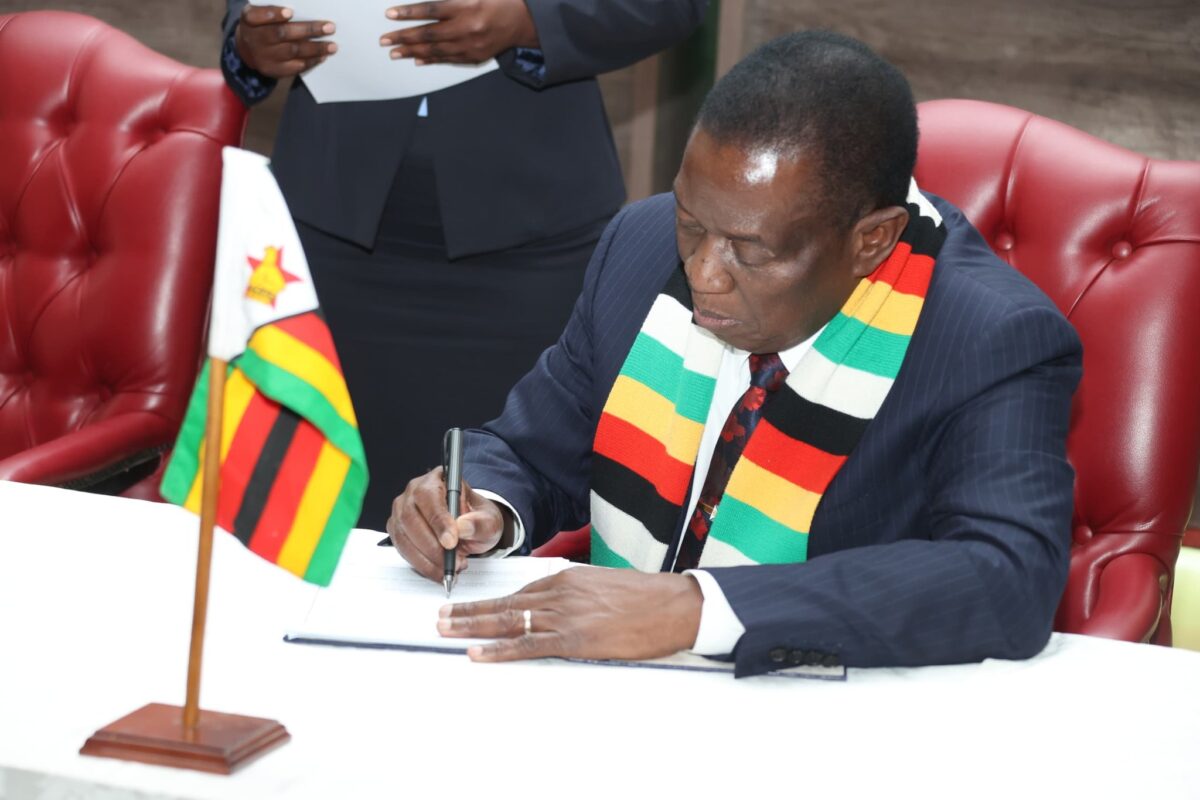HARARE – Legislators have voiced displeasure with Cotton Company of Zimbabwe (Cottco)’s failure to pay farmers for their 2022 deliveries amid claims the government cotton merchant was now using groceries to pay farmers.
Speaking in parliament this week, Kambuzuma legislator Willias Madzimure slammed Zimbabwean authorities for delaying payments to farmers who delivered produce to Cottco during the 2022 marketing season.
“The issue of giving farmers groceries and sometimes equipment to use in the fields does not augur well for farmers.
“When farmers deliver produce, they are expecting to get their money in cash so that they will then decide on their own what they want to use the money for, instead of them being asked to go to a shop and pick up groceries or implements,” he said.
Gokwe-Kabuyuni legislator Spencer Tshuma said a lot of farmers affected by payment delays were now failing to pay school fees for their children.
In his response, Acting Agriculture Minister Felix Mhona confirmed farmers have been paid using groceries but said this was more of a voluntary arrangement between the parties as opposed to it being compulsory.
“I think the time when that was happening was more of a voluntary programme where one would opt to get groceries.
“Of late, this is not happening.
“Where people were actually getting groceries in terms of payment, going forward and as it is now, the government is going to pay farmers their hard-earned money and not in the form of goods,” he said.
Mhona confirmed that payments to cotton farmers had been delayed.
“What I would like to inform this august House is that the government is looking into the issue so that farmers, be they cotton farmers or wheat farmers, receive their payments.
“It is the government’s wish that the farmers will be paid before the next farming season,” he said.
Finance Deputy Minister Clemence Chiduwa said cotton farmers were owed in excess of US$28 million.
“We have been paying in two forms; the local currency as well as the foreign currency. We have since paid the local currency component.
“The outstanding amount is US$28 million.
“Last week but one is when we agreed that in order for us to pay out that money, we are paying US$5 million per week.
“So, I expect that in the following week, we will be able to pay all the outstanding money in trenches of US$5 million per week,” Chiduwa said.
The cotton farmers’ plight is the same with that of fellow farmers who grew other cash crops such as maize and wheat.
















